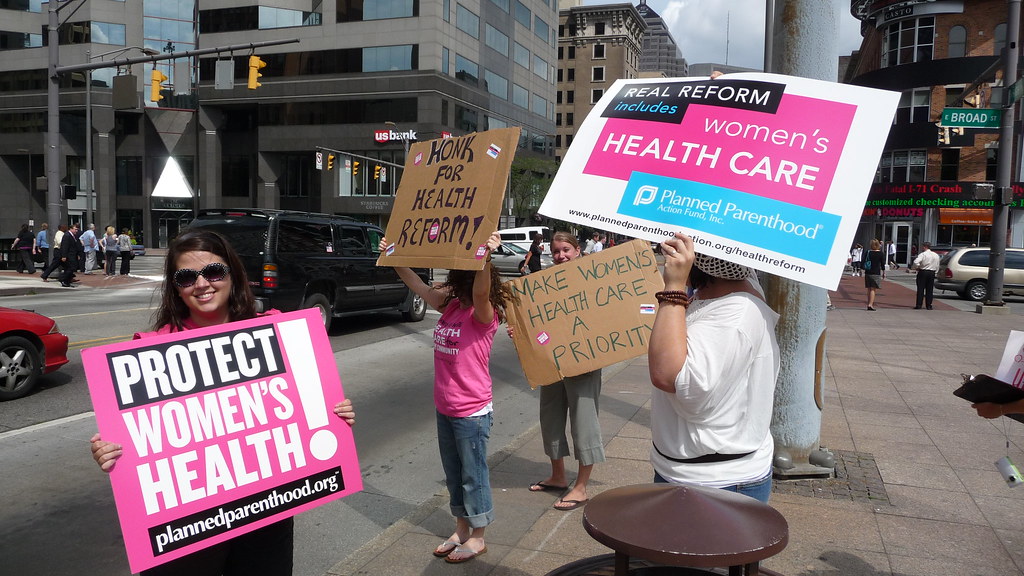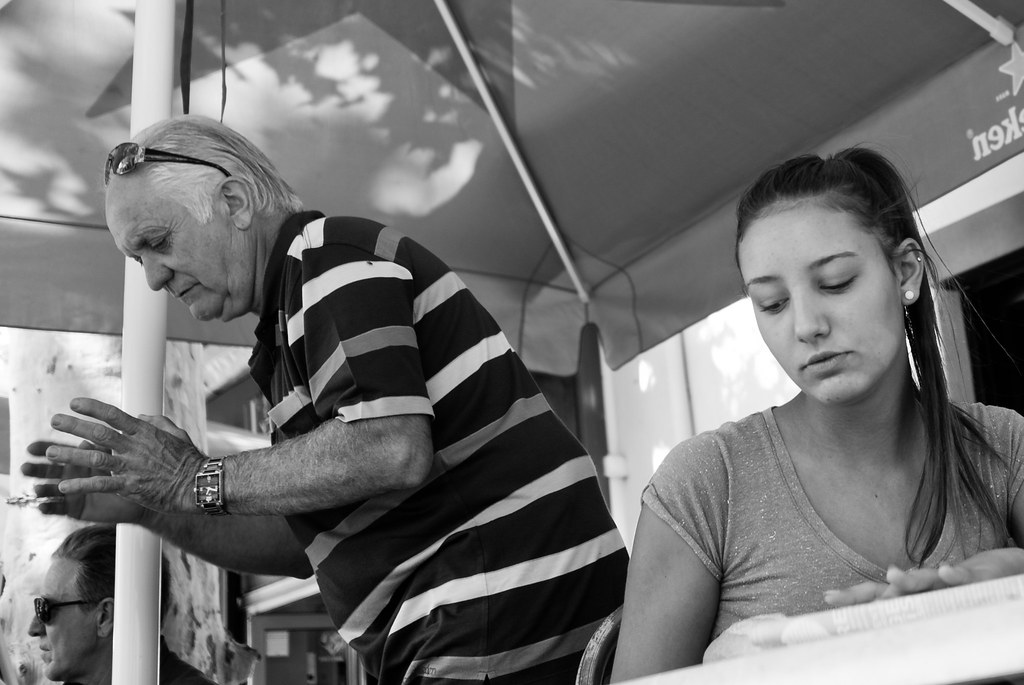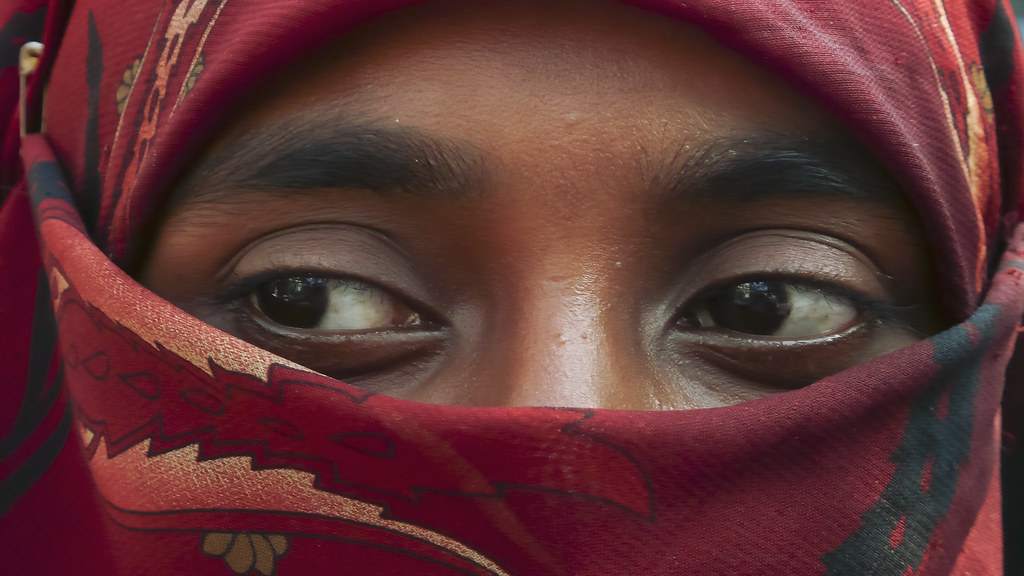The medical community knows that women are living in constant pain. Women are more prone to having serious complications in their health that men sometimes do not have to face. There are ten chronic pain conditions that predominantly affect women, all having remarkably similar symptoms. Once a person has one, they are more likely to accumulate others. Endometriosis, fibromyalgia, chronic fatigue syndrome, irritable bowel syndrome, painful bladder syndrome, migraine headache, chronic tension-type headache, temporomandibular joint disorders, chronic lower back pain and vulvodynia are the ten diseases.
These illnesses affect at least 50 million US women alone. Globally, hundreds of millions of women are affected. Yet, in many places around the globe women are not treated fairly nor given proper diagnosis and treatment. This predominantly happens in the U.S. with women of color, and in the Middle East where sexism is highly prevailed. The world has to do better in not only raising awareness for women’s bodies, but less marginalized health care as well.

I, myself, have had a spiral with these illnesses. After months and months of feeling weak, tired, mediocre, and unproductive, I was diagnosed with IBS (irritable bowel syndrome). IBS is a gastrointestinal disorder defined by abdominal pain and abnormal bowel movements. Imagine waking up every morning, unable to get out of bed, unable to eat, unable to go about your day due to the same cycle of abdominal pain.
I live my life happily for days on end, working out, spending time in nature, but I never know when I am going to have a flare up and sit in pain for weeks. My IBS has led to chronic fatigue syndrome, due to feeling nauseous and unable to eat, my body often lacks necessary foods and hydration; therefore, leaving me feeling weary and tired. IBS also affects my mental health in terms of bringing my mood down, which in turn causes you to feel tired.

Two out of every three IBS sufferers are women. Internationally, there is a female predominance in the prevalence of IBS, with 65% of IBS diagnosed patients being female. Moreover, statistics show that women with IBS have been reported to feel more fatigue, depression, anxiety, and lower quality of life than men with IBS. There is evidence of differences in the appropriate treatment efficacy to IBS in men and women. Men are typically offered more effective treatment and diagnosis.
This existed in my life last year as I complained to my grandfather’s friend about my IBS. He told me that it did not exist and that I made it up in my head. He upset me deeply by telling me I shouldn’t wake up every morning complaining that I have a stomach issue, completely disowning my medical condition. Hello?!! I wish I could wake up everyday feeling OK! A more sex-gender-oriented approach, across the globe, in medical care would improve understanding of female patients suffering from IBS.

After being diagnosed with these two chronic pain conditions, I found myself spiraled in a third condition. For years, I have had the most painful, excruciating pains during my menstrual cycle. The type of pain that dragged me to the hospital on many occasions. I would lay in bed for days, with my pink heating bad on me every second. An issue that came hand-in-hand with my periods was that blood flow typically did not exist, almost as if there was a blockage. I would only experience blood clots. Due to my parents being old fashioned and not wanting me to get checked out, for years and years, I had to deal with this excruciating pain. I finally had enough and demanded an appointment with the gynecologist.

The gynecologist had some doubts that I might have endometriosis, but after closer examinations, she found that I had what is called an “imperforate hymen.” This is a hereditary disorder where a hymen, without an opening, completely obstructs the vagina. It is caused by a failure of the hymen to perforate during fetal development. Normal females’ hymens dissolve during birth, but mine never did. This blockage prevented me from being able to wear a tampon, have sexual intercourse, and even have regular periods. Menstrual blood accumulated in the vagina and in the uterus, hence my terribly painful periods.
The doctor told me I needed a surgical procedure, a hymenectomy, right away to normalize my periods and put me on birth control to control my pain. Of course, my parents, being deeply religious and old-fashioned, questioned both the hymenectomy procedure as well as the use of birth control. My aunt told me that the doctor was wrong and this medical issue is not “real” and that getting this procedure would “deprive me of my femininity” and due to cutting my hymen make me “not a virgin”. Although rare, this disease IS real, occuring in 0.05% of women.
Unfortunately, in some cultures women’s health is even risked by a form of sexism and ignorance where the female anatomy is traded in for “morals.” In the Middle East, women with this condition suffer deeply as the solution to the disease is “immoral”.

Finally, my parents allowed me to get the procedures done as they realized that my health was at serious risk. Across the globe, the medical community needs to adapt to be fairer to both men and women. The different health conditions of women need to be just as significant as the health conditions of men. This can mean more news or education in school regarding these subjects. Also, equality of appropriate treatments within men and women needs to be set in stone. Women deserve to be healthy and treated properly!
